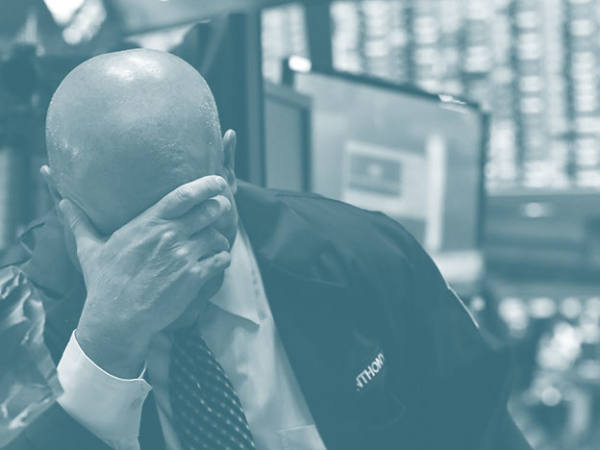How much is a chief executive worth? That’s a question that dogs the non-executive directors of all companies, but few more so than at AstraZeneca (AZN), where in March 2020 chief executive Pascal Soriot received a long-term share award worth five times his salary. In May, a booster worth a further 0.5 times had to be awarded after shareholders backed a more generous pay policy. The purpose was to “close the gap to market pay levels within the competitive global pharmaceutical talent pool” and this new policy was to last until 2023.
During 2020, Soriot took some big risks. He committed AstraZeneca to help develop the Oxford vaccine and begin its mass production before it was approved. The grateful board thought they deserved another pay rise. But the Investment Association and several proxy advisers, together with some long-term investors, disagreed. They accepted that exceptional performance justifies exceptional rewards, but hadn’t that been achieved by paying him his minimum of £1.7m, his bonus of £2.3m and the award of more shares? Increases in the share price had pushed up the value of those being released from an award made three years earlier to over £11m. In 2020, he received £15.4m in total. Wasn’t that enough?
Apparently not. Not only had Soriot’s job become larger after the strategic $39bn acquisition of Alexion last December, but his team is “critical to future business success and increased scope of roles in light of significant activities arising from the Covid-19 vaccine development”, according to AstraZeneca’s non-executive directors. A share award worth 6.5 times Soriot’s salary was needed to continue to close “the gap to market pay levels within the competitive global and European pharmaceutical talent pool”. Soriot needs to know that he could end up with a more respectable £17.8m (assuming the share price goes up 50 per cent over the next three years), although it would be more realistic to consider his target pay. Under the new policy, it would be over £7m – still less than that of AstraZeneca’s European peers.
Reward consultants earn their keep
Curiously, the directors of the more profitable GlaxoSmithKline (GSK) regard the going rate as more like £6m. That’s what they say is the target pay of their chief executive, Emma Walmsley, which they describe as being comfortably above the median, not below it. The difference is because AstraZeneca confines its comparison to seven European pharma groups (Bayer, GSK, Merck, Novartis, Nova Nordisk, Roche and Sanofi) whereas GSK also includes about 20 multinationals in other industries. Both accept that their global pharma peers will pay more since most are based in the US, where in general, top pay is significantly higher.
What provoked the remuneration committee’s concern? That Soriot might jump ship? Possibly. But he’d be walking away from a potential bonus for the current year of over £2m, and from shares tied up in previous awards that could potentially be worth over £25m. That’s quite a chunk for another pharma company to contemplate buying out. If the directors are thinking along these lines, it’s unhealthy for another reason: it gives the chief executive too much bargaining power. In a recent blog by the well-regarded pay consultant Tom Gosling, formerly of PwC, he said: “My own experience was that excessive pay demands were often the sign of a CEO believing their own publicity and a board that had lost discipline and oversight.”
There’s a natural tendency for people to regard their pay as a mark of appreciation, as perhaps Soriot could not help reflecting when, in 2018, he told the Sunday Times: “The truth is I’m the lowest-paid CEO in the whole industry.” And over the past year, Soriot came under “really disheartening” fire from several quarters about the Covid jabs rollout. The 40 per cent shareholder vote against the proposed new pay policy last month could be interpreted as ingratitude directed personally at him, but that would be misguided – 60 per cent backed it and an almost unanimous vote then endorsed him as a director.
No, the real issue is whether the high pressure and carping criticisms are getting him down. If he’s had enough, lobbing more financial gestures of appreciation at him is hardly likely to dissuade him from throwing in the towel. Since becoming chief executive in 2012, he’s received almost £90m. Deduct half for tax and that’s still more than enough to support him and his family for the rest of their lives. And probably their descendants as well.











